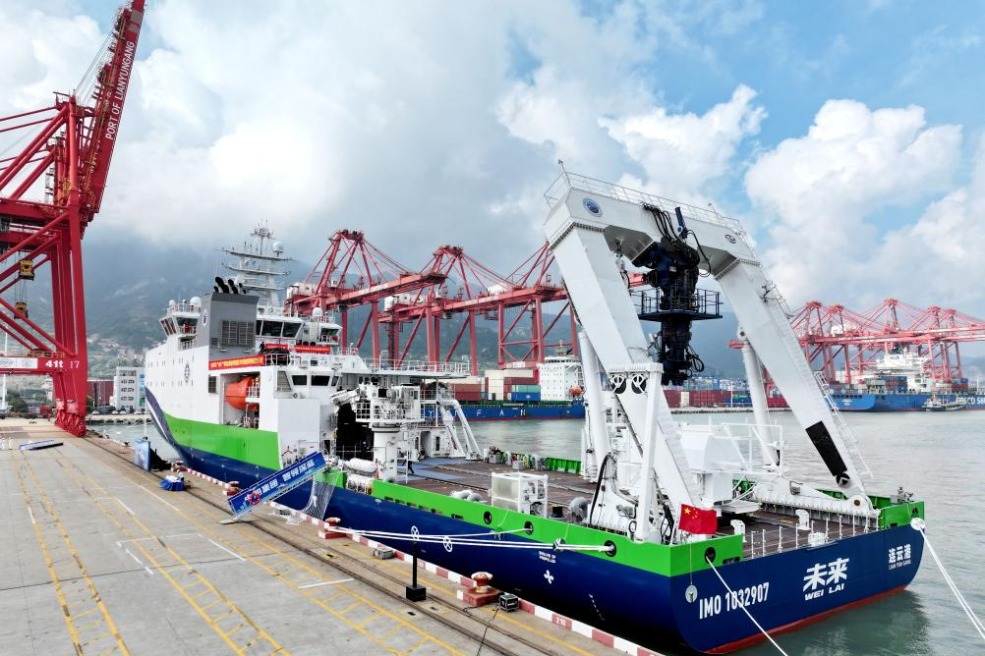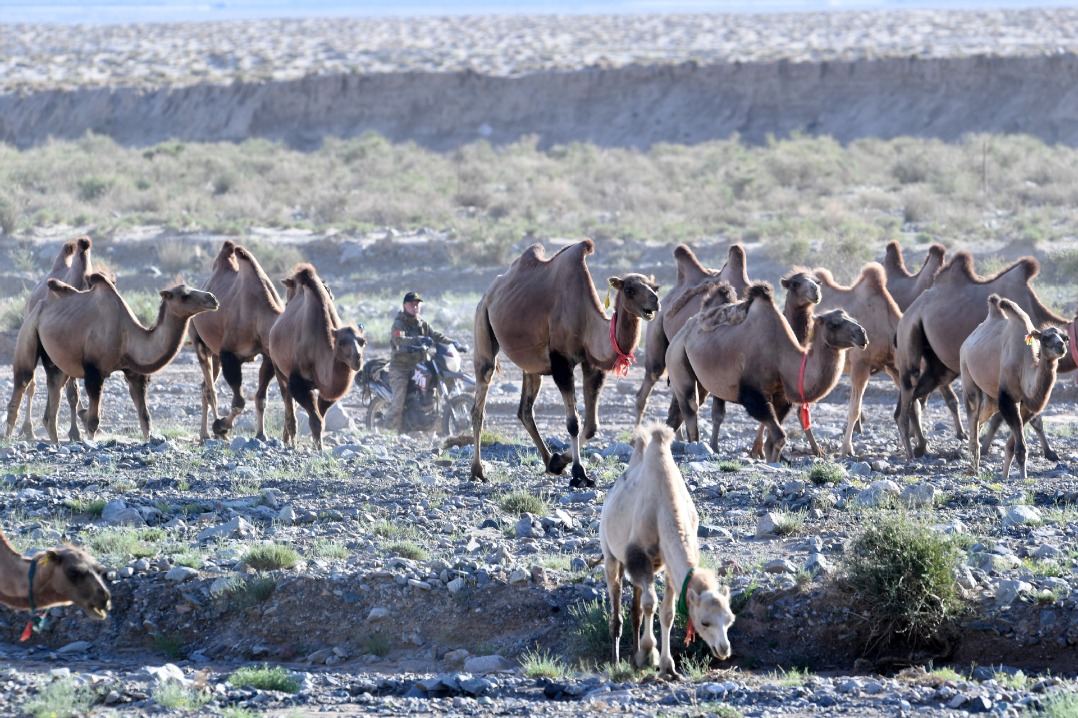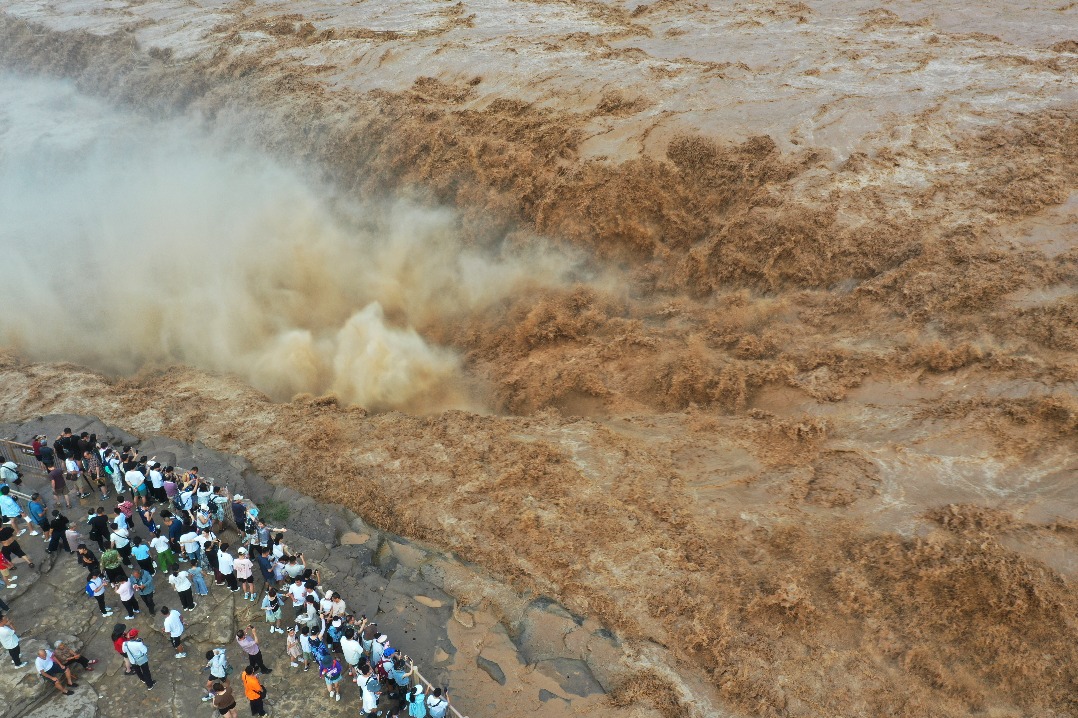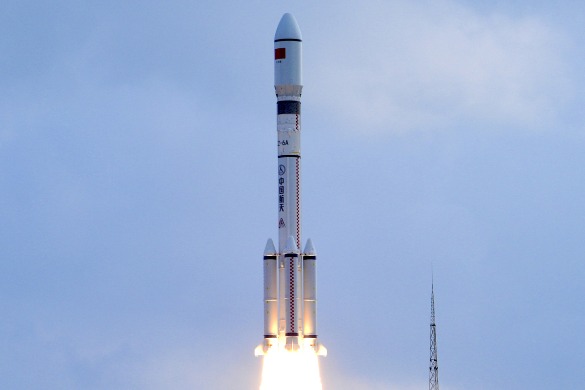Yellow River Basin sees steady ecological gains, but fragility remains


The ecological health of the Yellow River Basin has steadily improved since the turn of the millennium, but its environmental foundation remains fragile and vulnerable to climate risks, a senior environmental official said Monday.
Regular national remote sensing surveys and assessments have shown the basin has maintained stable and positive momentum in its ecological recovery, according to Zhang Yujun, head of the nature and eco-conservation department at the Ministry of Ecology and Environment.
Speaking at a news conference, Zhang said the proportion of the basin with fairly good or better ecosystem quality — defined as areas scoring above 55 on a 0-100 scale — has increased by about 24.5 percent since 2020.
He noted marked gains in key ecosystem services, including soil retention, windbreak and sand fixation, and carbon sequestration. Carbon sequestration in the basin has surged by more than 89.6 percent, he said.
"Despite these positive developments, the ecological foundation of the Yellow River Basin remains fragile," Zhang said. "The core issue of water scarcity persists, with imbalances between supply and demand continuing to present significant challenges."
He pointed to industrial and energy infrastructure, along with urban expansion, as key pressures that contribute to the basin's severe ecological stress.
"As ecological improvements remain tentative, climate change has amplified the uncertainty surrounding ecosystem risks," Zhang said. "This underscores the critical need for continued ecological protection and restoration efforts."
- Lotus sanctuary dazzles at wetland park in Chongqing
- Nearly 5,700 residents relocated amid heavy rain in Jizhou, Tianjin
- China to offer nationwide childcare subsidies
- China sees better air, water quality in H1
- Heavy-ion accelerator integrating into cancer treatment in China
- Duty-free complex welcomes cats and dogs in Hainan





































